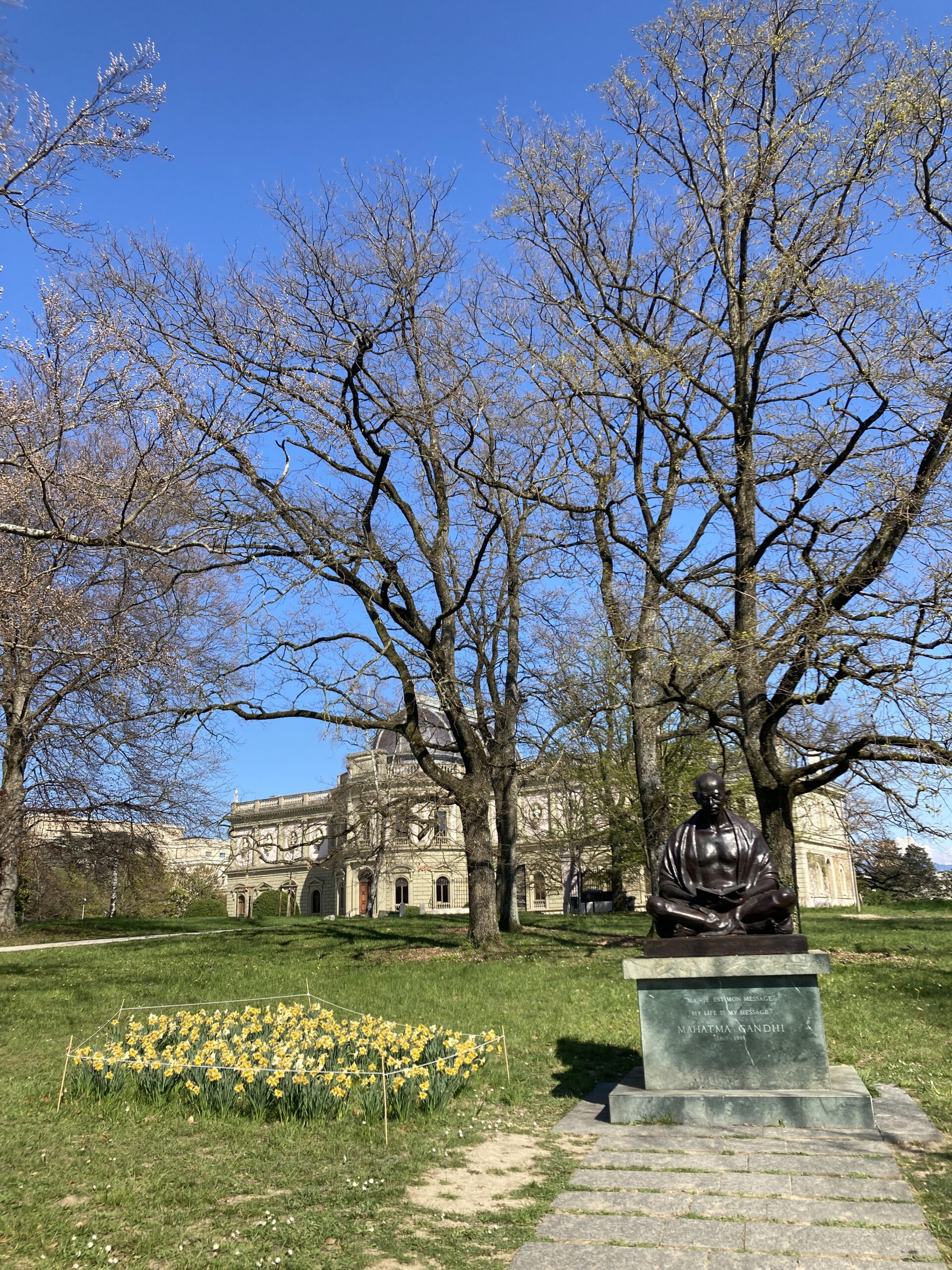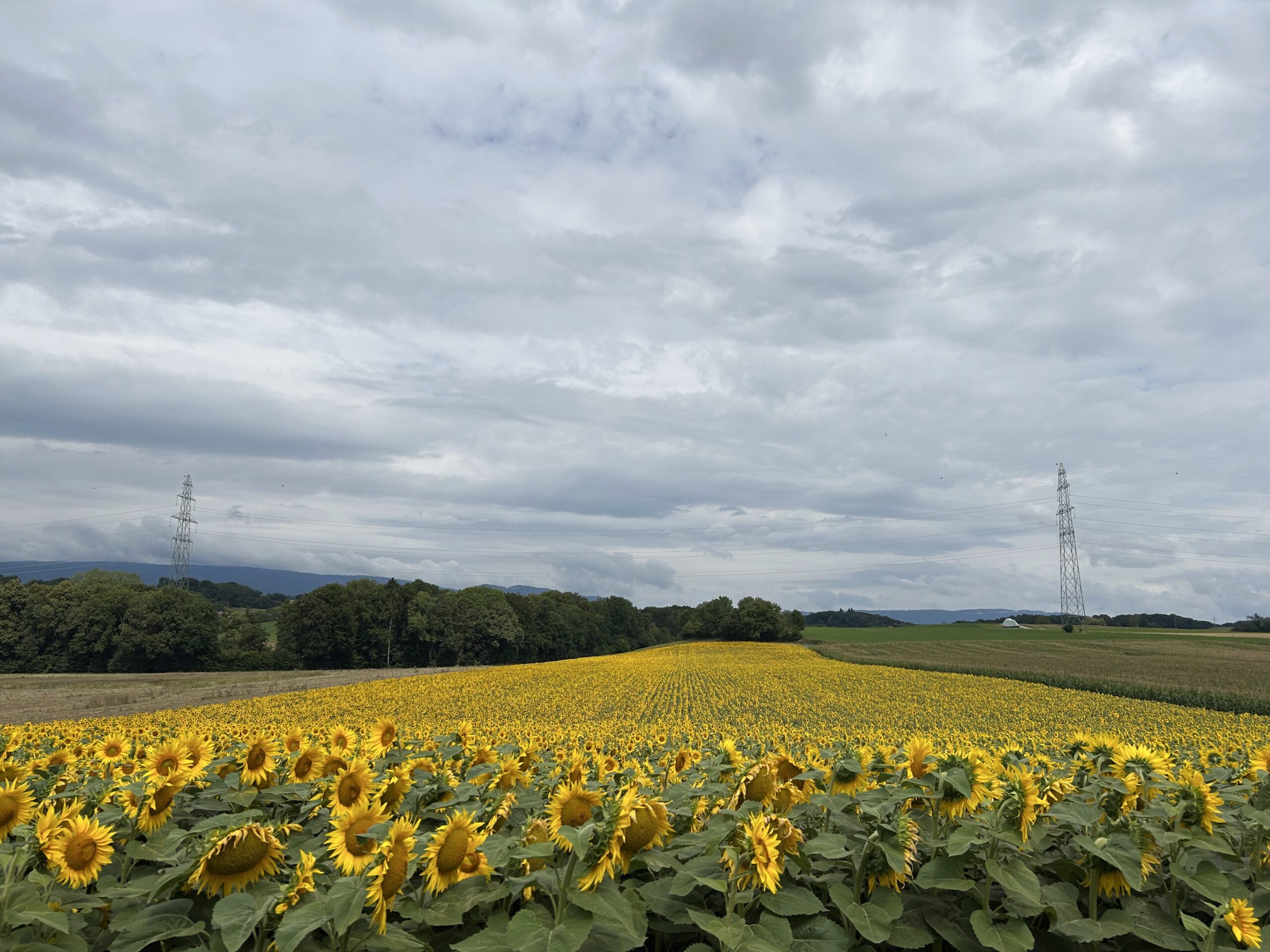Tag: attention
-

The Unedited Podcast
Reading Time: 2 minutesThere was a time when I wanted to listen to hours of podcasts a day, and I did. I would listen on my walks, on my commutes to work, while driving and more. I would love listening to podcasts so much that I would wish I had more time to spend on…

